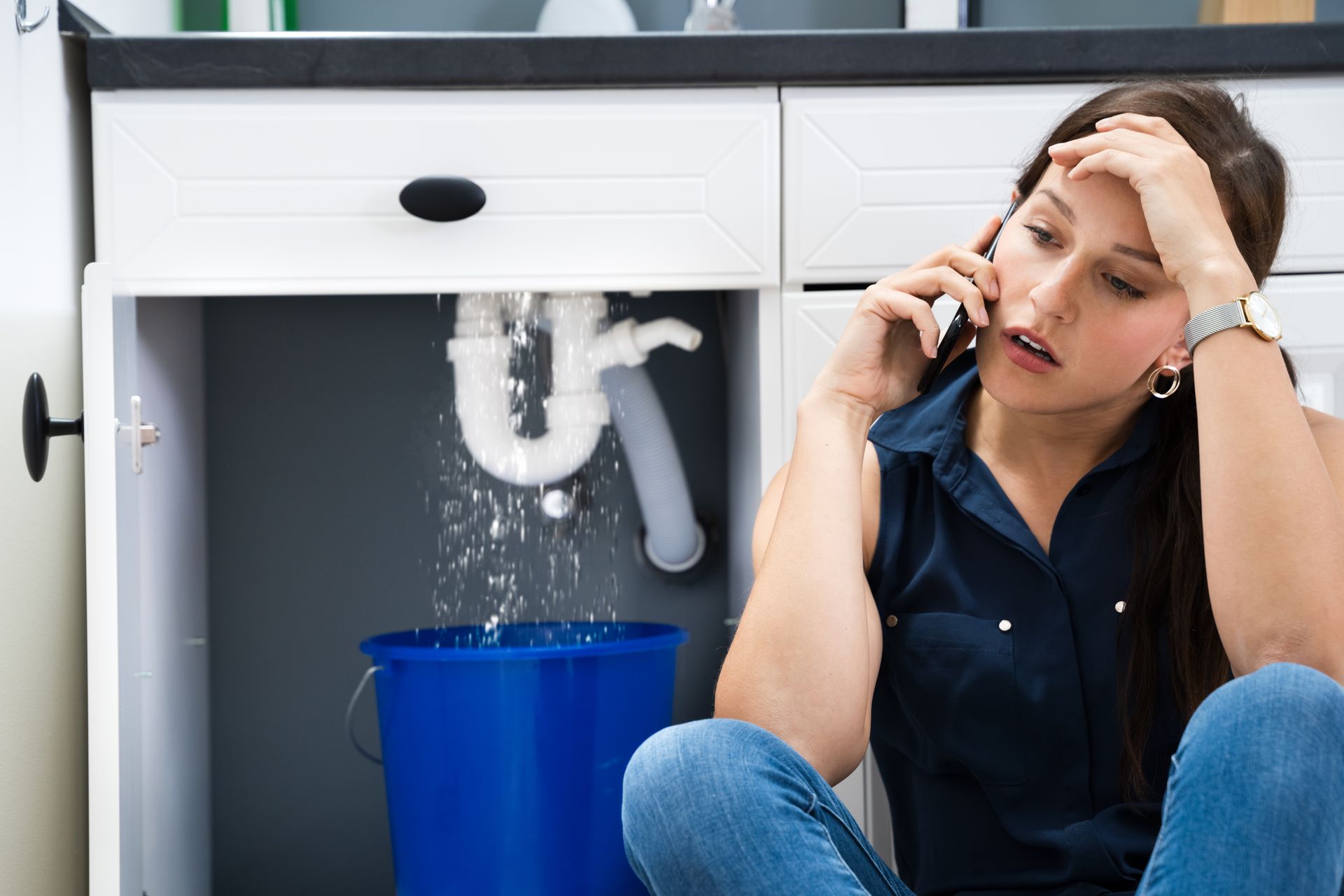How Tenants Can Prevent Water Damage

Water damage is a common and potentially costly issue that tenants and renters need to be proactive about preventing in their rental properties. Whether you're living in an apartment, house, or condominium, taking steps to avoid water damage not only protects your personal belongings but also ensures a positive relationship with your landlord. In this blog, we'll explore practical tips and strategies to help tenants safeguard their homes from the damaging effects of water.
Understand Your Lease Agreement:
Before implementing any preventive measures, carefully review your lease agreement. Some landlords may have specific clauses or requirements related to water damage prevention. Understanding these terms will not only help you comply with the agreement but also demonstrate your commitment to maintaining the property.
Regularly Check for Leaks:
One of the most effective ways to prevent water damage is to regularly inspect your rental unit for leaks. Check faucets, pipes, and appliances for any signs of water leakage. Report even minor leaks to your landlord promptly, as they can escalate into more significant issues if left unaddressed.
Check Appliances and understand how to use them:
Appliances such as washing machines, dishwashers, and water heaters can be common sources of water damage. Regularly inspect these appliances for any leaks, and follow the manufacturer's maintenance recommendations. Ensure that water hoses and connections are secure, and see if they show signs of wear or damage.
Be Mindful of Overflows:
Prevent overflows by not overloading appliances or allowing sinks and bathtubs to overflow. Be cautious when using the dishwasher and washing machine, and avoid leaving them unattended while in use. This simple awareness can go a long way in preventing water damage.
Protect Against Weather-Related Issues:
Weather-related water damage is another concern for renters. Be proactive during extreme weather conditions. Keep windows and doors properly sealed to prevent leaks, and report any issues with the roof or windows to your landlord immediately.
Proper Ventilation is Key:
In areas prone to high humidity, such as bathrooms and kitchens, proper ventilation is crucial. Use exhaust fans or open windows to reduce humidity levels and prevent mold growth.
Report Issues Promptly:
If you notice any signs of water damage, whether it's a leak, discoloration, or a musty odor, report it to your landlord immediately. Swift action can prevent the problem from worsening and demonstrate your responsibility as a tenant.
Safeguard Personal Belongings:
Even with preventive measures in place, it's wise to safeguard your personal belongings. Store valuable items on elevated surfaces, especially in areas prone to flooding. Consider using waterproof containers for important documents and electronic devices.
Obtain Renter's Insurance:
It is a good practice to have renter's insurance to cover your personal property, Landlord's insurance policy does not cover any tenant belongings, property or tenant's liability
Educate Yourself on Emergency Procedures:
Lastly, familiarize yourself with emergency procedures in case water damage does occur. Know the location of shut-off valves for water and gas, as well as emergency contacts for your landlord or property management. It is very important to be able to shut off the main water valve to the house to avoid further damage. Being prepared can minimize the impact of water damage and facilitate a faster resolution.
By taking proactive steps and being vigilant, tenants can significantly reduce the risk of water damage to their rental properties. Regular inspections, proper maintenance, and prompt reporting of issues are essential elements of a comprehensive water damage prevention strategy. Remember, a collaborative effort between tenants and landlords creates a positive living environment and ensures the longevity of the rental property.













